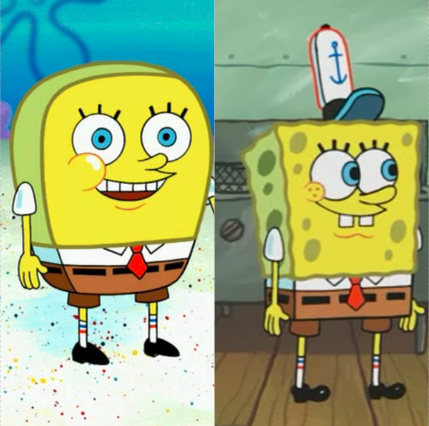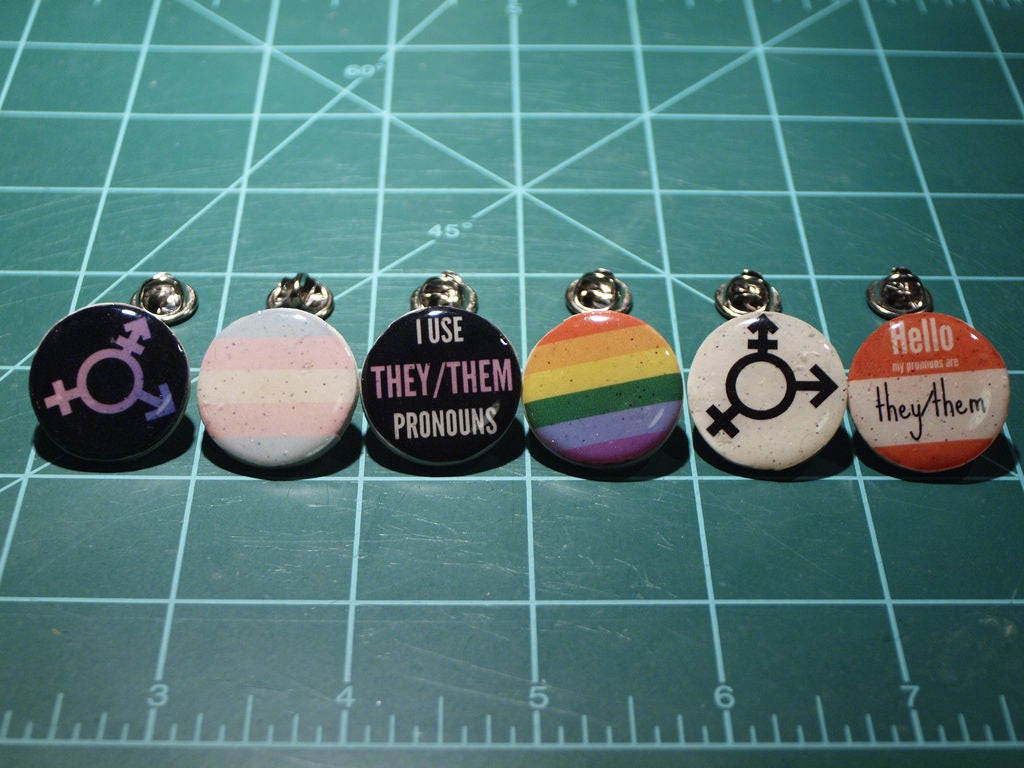Suppose you were in 16th century England and someone asked you if you wanted to eat meat for dinner. If you were expecting some steak, you might be surprised to receive only some potatoes and vegetables. Back then, meat meant any solid food, not just meat. Quite a considerable distinction from our modern definition!
Unlike meat, which took hundreds of years to change in definition, we are increasingly seeing the meaning of words change overnight. I think this is a fascinating process which shows how our language is evolving to keep up with our fast-moving and complex social, political, and technological changes. Let’s examine several surprising words that have recently changed their meaning!
Normalization

Source Encyclopedia SpongeBobia
One example of a word changing is the word normalize (and by extension, normalization). If I were to ask you what this word means, I would wager you would say that it means to make something normal. However, that is not what it’s supposed to mean.
What normalize is supposed to mean is “a return to normalcy”. Interestingly, this new meaning has only arisen in the last few years, most notably around the time of the 2016 Presidential election. While the cause of the change isn’t really known, it’s likely that it happened because various actors wanted a term to express “the making of something normal” due to all the rhetoric surrounding events such as the 2016 American election, and they couldn’t find an appropriate existing word to use.
Meme

Source: nilshedlandcom
Last winter, I was reading a book on society and social movements published in the late 1990s. In that book, they had a full chapter dedicated to memes. However, it was not about the viral internet pictures we know and love today – instead, it was about an idea or behavior which spread between people in a culture. This was the original meaning of meme, created in 1976 by the sociologist Richard Dawkins.
While the current usage of the term arguably conveys some of that meaning (memes are pictures we share amongst each other), I do not know a single person who thinks of the sociological phenomena instead of the internet sensations when they hear this term. Likewise, a lot of our internet slang are also words that have different meanings, like cloud, tweet, and text.
Their/They

Another word whose meaning has changed is the gender pronoun they. Over the course of the 20th century, they was predominantly used as a plural pronoun. However, plural pronouns (such as they) are used to refer to singular generic nouns, as in the phrase “someone forgot their coat”. Recently, they has also become commonly used when referring to someone who identifies as non-binary or prefers the use of they or them pronouns.
What can I do?
So, what does this all mean? If words keep changing so often, are there any resources we can use to remain up-to-date on how we can use these words? Luckily for us, the Corpus of Contemporary American English (or COCA) is a resource you can use to search up a word and determine in what context it’s being used.
Before I started this blog, I thought words take centuries to change their meanings. But, that is not the case – it can very easily happen within our short lifetimes without us really being aware of it.